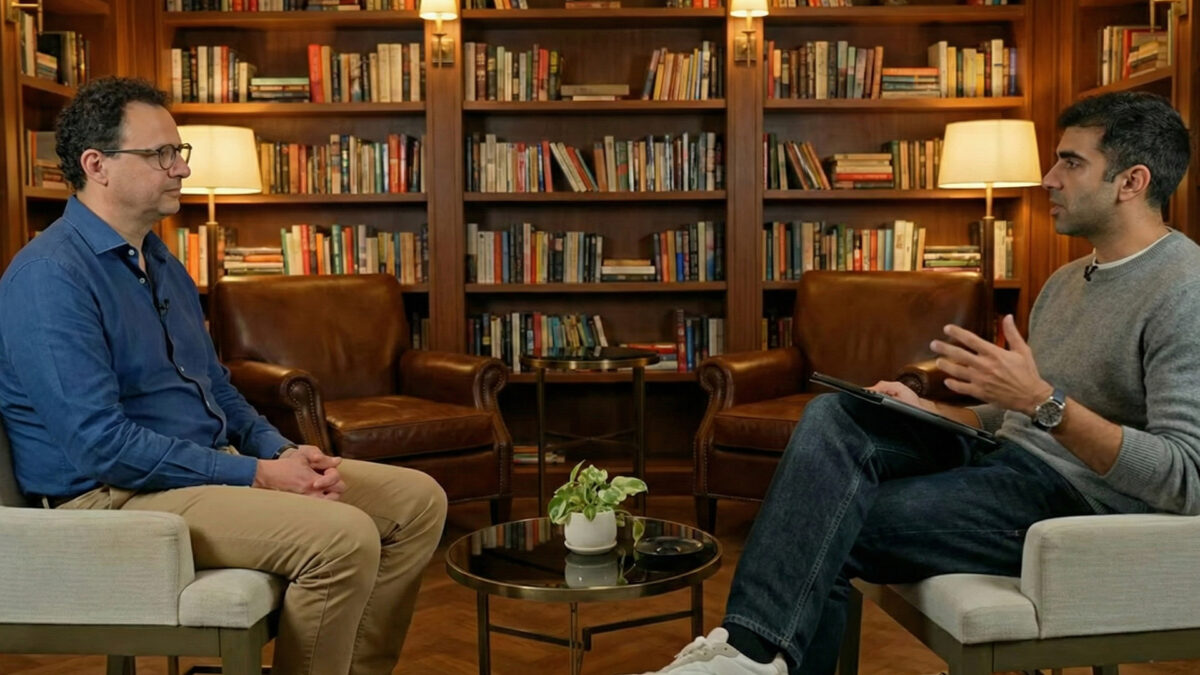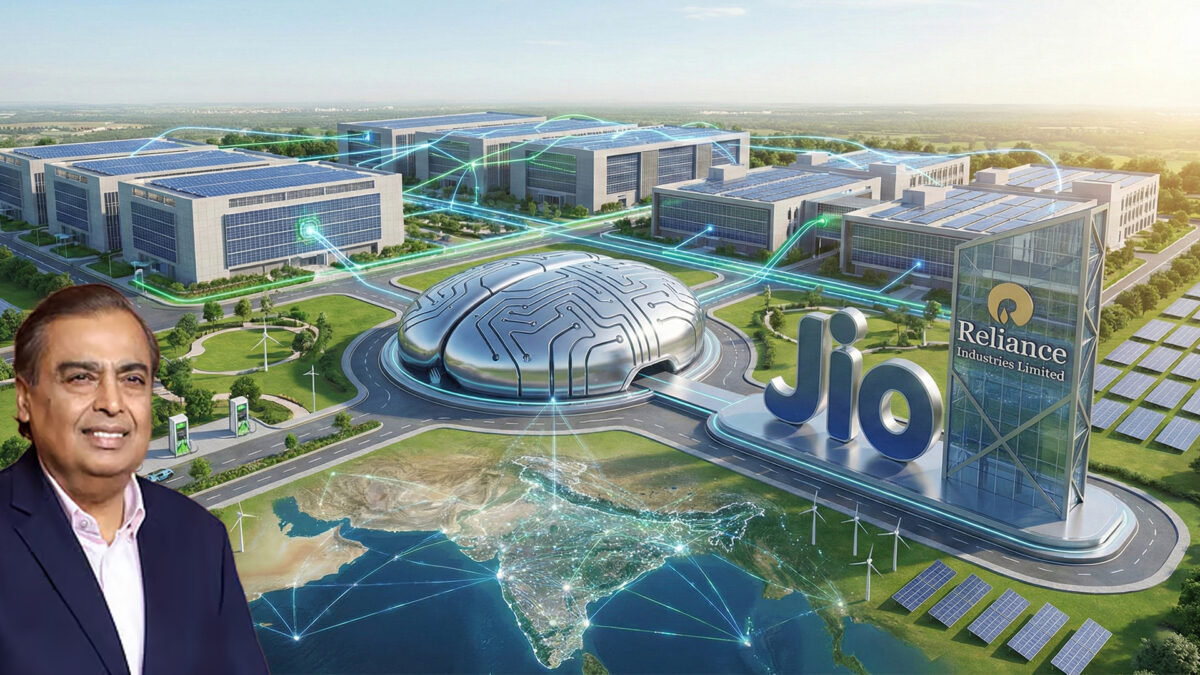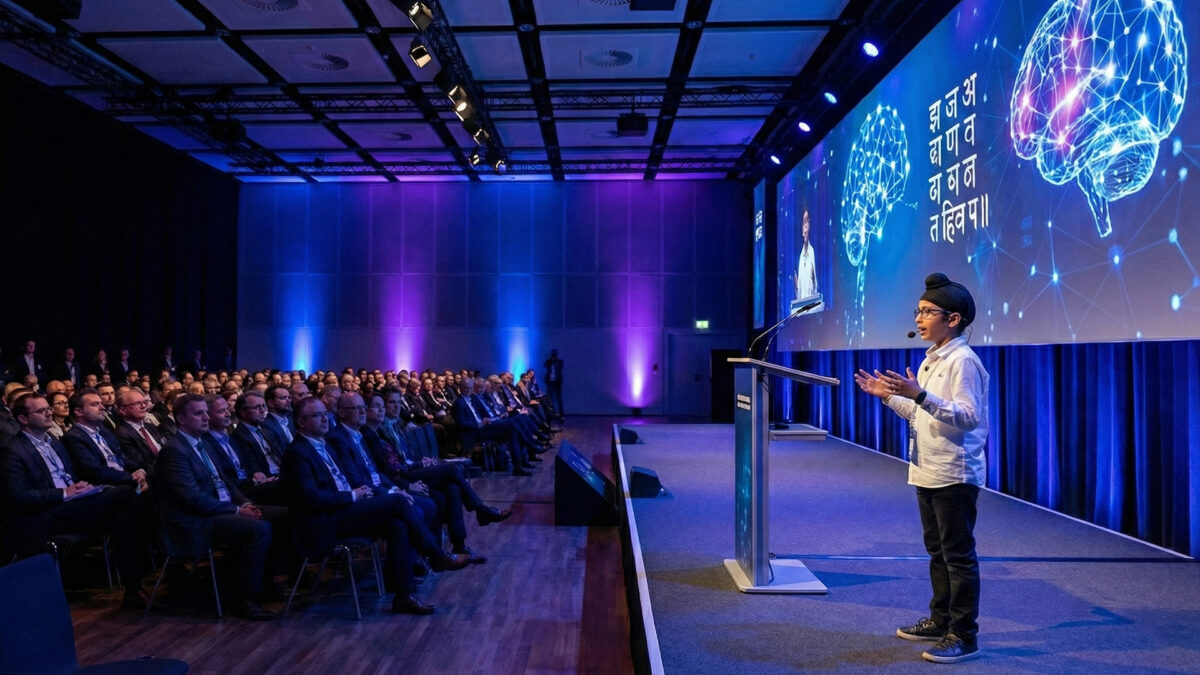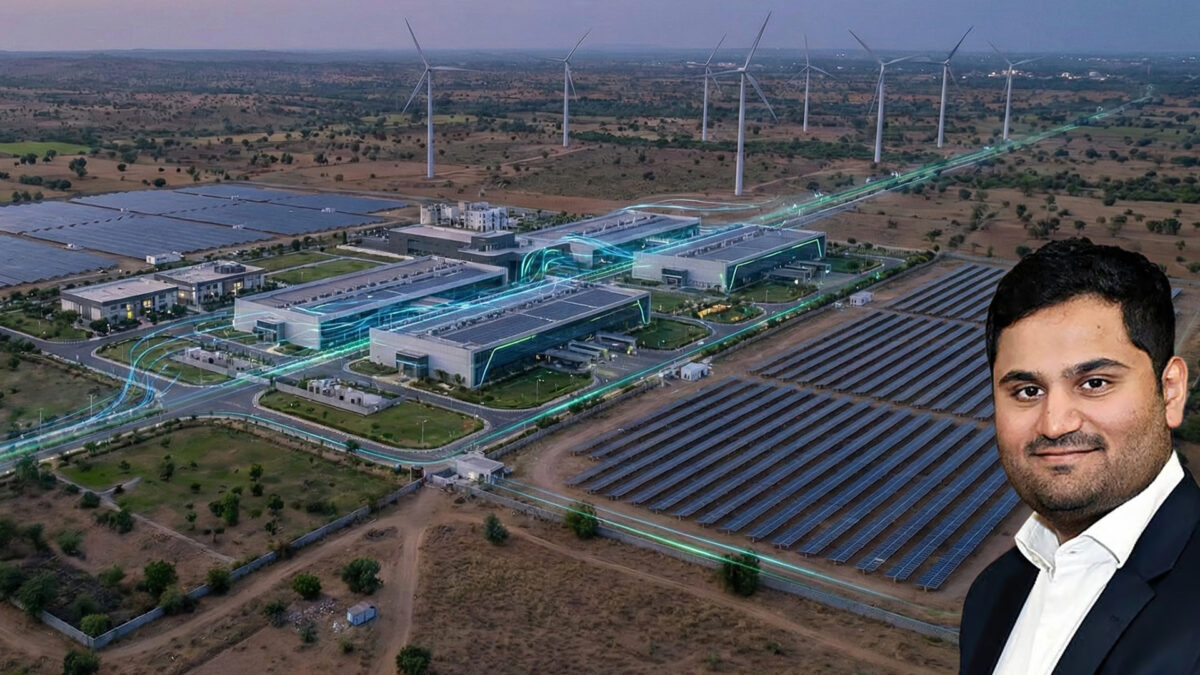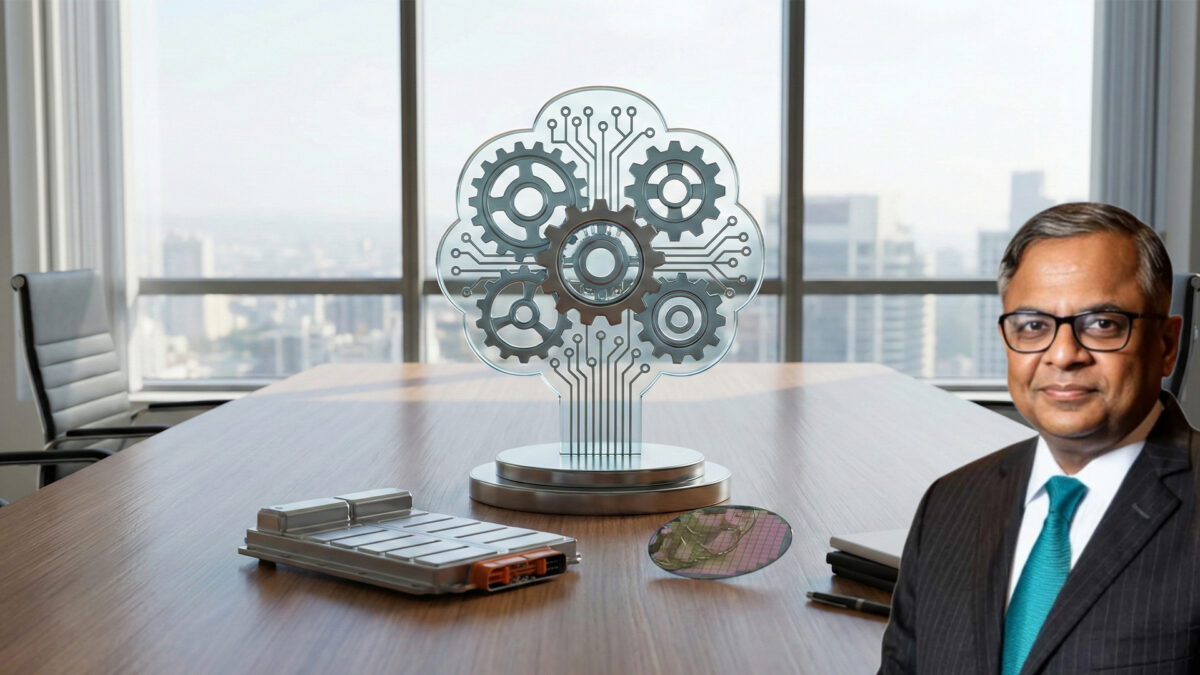Zerodha co-founder and podcaster Nikhil Kamath is set to host Dario Amodei, the chief executive of Anthropic, for a wide-ranging and unscripted discussion on artificial intelligence, its risks and its transformative potential.
Kamath announced the upcoming episode of his podcast People by WTF on social media, sharing a short teaser that frames the conversation as a deep dive into the technology that is rapidly reshaping industries and economies. The full episode is yet to be released.
In the preview, Amodei describes the rise of advanced AI as an approaching “tsunami”, cautioning that most people are underestimating the scale and speed of change. He points to sweeping economic disruption, shifts in global power and the urgent need to build strong safety frameworks as some of the biggest challenges ahead.
The discussion is expected to cover concerns around job displacement, the concentration of technological power and the geopolitical race to dominate AI development. At the same time, Amodei emphasises that the technology itself is not inherently dangerous, but its impact will depend on how responsibly it is developed and deployed.
Kamath noted that those building cutting-edge AI systems are often among the most vocal about the need for safeguards, reflecting growing awareness within the industry about the risks of uncontrolled advancement.
Amodei previously led AI safety research at OpenAI before co-founding Anthropic in 2021 with a focus on creating more reliable and controllable AI models. He has consistently warned that future systems could surpass human capabilities in several domains, bringing both unprecedented opportunity and serious challenges.
The episode adds to Kamath’s list of global business and technology leaders featured on his podcast and comes amid intensifying global debate over how AI will reshape work, regulation and international competition in the years ahead.
Also Read: Google stops Antigravity access for OpenClaw tied accounts
